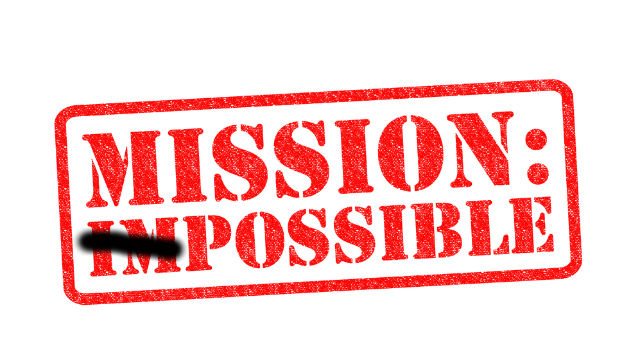What If We Start Talking About Race Like We Talk About Religion?

If you’re an American at all engaged with politics, you have very likely had the following conversation: You’re debating a topic that’s culturally and politically sensitive. You appreciate the human side of the issue—what it means to real people, how important it is to respect their lived experiences, and to tread carefully in discussing an aspect of life that you haven’t known first-hand. But your adversary couldn’t care less. She says, “here is what the science shows; I can’t concern myself with how people feel, or their history. These are the facts.” And the boneheaded false naiveté of this position gives you a mighty headache. What was the subject? Here, I’ll make another bet. If you’re more or less liberal, the topic was race. If you’re more or less conservative, the topic was religion.
As near as I can tell, the notion that religious belief must be respected is a widely shared principle on the right. So is the idea that religious people are under assault by mainstream society. Proudly atheist discourse is often cited to make the case. Saying there is no scientific proof that the world was created in six days or that prayers are ever answered? Saying the God of our fathers is just the equivalent of a Flying Spaghetti Monster? It’s terrible to disrespect the faith of others. On the other hand, the lived experience of black Americans and other minorities? Respecting that is just “political correctness.”
On the left, the polarities flip, but it’s the same kind of battery. Respect for the consequences of racial prejudice is de rigeur. To be accused of racism is to be accused of an unforgivable sin. The attitude is so widespread that little kids in this milieu will deliberately lie rather than acknowledge that they’re using race to classify people. On the other hand, in these circles it’s only impolite, or impolitic, to ridicule religious belief.
Why the inconsistency. Most likely, it is because identity is special. As a primate that depends on group ties for its life and security, we have very likely inherited a strong predisposition to care about how “our” group is doing, and who “our” group is. (This doesn’t mean the groups are permanent or objectively real—,just that we will care intensely about whatever groups we see.) The lessons about where we belong on the map are bestowed on us by strong emotions (the love of our families, the hatred of strangers) and experiences (Sunday’s church service, Friday’s lynching). No surprise, then, that when researchers speak of “motivated cognition”—using reason to justify beliefs rather than change our minds—the motive is often rooted in identity. As Dan Kahan puts it here (on the subject of climate change) “what people ‘believe’ about global warming doesn’t reflect what they know; it expresses who they are.”
The effects of motivated cognition are not limited to the way we analyze the data. It also affects the data itself—it influences what questions we ask, what information we gather. When our motives change, we ask different questions, and thus generate different facts. This is why the supposedly objective ethnic science of one generation will seem so transparently ridiculous to the next. The definition of “Mexican” as a separate race in the 1930 U.S. Census? The learned article in the April, 1912 edition of The North American Review, which asked, “Are the Jews an Inferior Race?” (ht: Yoni Applebaum) The supposed tendency of Danes to stupidity? We look at these expert assessments of obvious ethnic facts and wonder, whatwere they thinking? Our grandchildren will do the same when they contemplate our supposed facts about human groups.
It is certainly true that people can think their way around such biases and emotion-driven hunches. But they can only do this, with great effort, when they are aware of those effects.
Hence, I have a modest proposal for controlling for one’s own biases. Whenever you’re about to pronounce about religion or some issue affecting religion, imagine for a moment that the subject is race instead. And, conversely, before you make your next categorical statement about some issue involving race in America, play it through your mind as if you were talking about religion. In other words, before you snicker at people who believe that the Earth was created in six days, imagine that you’re ridiculing people who think Cleopatra was black. Before you inveigh against “special treatment” for African-Americans in college admissions, imagine yourself saying you despise the idea of “special treatment” for Catholics when it comes to paying for birth control.
The point of this exercise wouldn’t be to cause one side of the argument to see that the other is correct and strike their flag. The point would be to help you see that when you argue about matters that touch on identity, you’re likely to be irrational and inconsistent. The debate doesn’t improve when you point out that your adversaries are that way. It only improves when you recognize that you’re that way too.
Follow me on Twitter: @davidberreby





